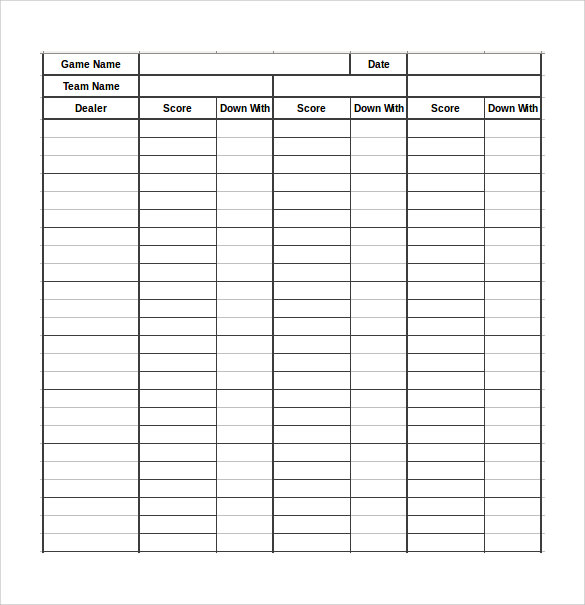
If they fall down, you can always try again. Build a Tower of CardsĪlthough there are no real rules, it can be super fun to attempt to build a house of cards.

This is, of course, depending on the game.Keep reading for a comprehensive list of two-person card games that will have you entertained all night long. However, if a player is able to meld all their cards in a turn or in the game they earn extra points. Players earn positive points for melds and negative points or penalty points for cards left in hand. ScoringĪfter the game concludes, the hands are scored. Winning the game may be declared by making certain melds, or melding all your cards in one turn. However, these draws are subject to certain stipulations. Players can draw from the stockpile or the discard. The person the dealer’s left typically starts play. The way in which Rummy is played is usually dependent on the number of players in the game. Some Rummy games employ wild cards and often they can be traded for the card they substitute. Runs contains cards in sequence, the suits do not have to be the same. Sets contain 3 or more cards of the same rank. Melds are sets or books of cards, they may also be runs. Melds or melding is one of the central defining features of Rummy.

The winner of the previous game is the next dealer, unless the deal passes around the table. Cards that are not dealt to players form a stockpile.The game also utilizes a discard pile, this may start empty or start with the top card flipped from the stick. Players are dealt a hand of (typically) 13 cards, but the precise number is defined in the rules of the particular variant. Some games are played with jokers, some without.

Rummy benefits from using multiple decks. Indian Rummy is perceived as an extension of two popular American Rummy games, Gin Rummyand Rummy 500. The foundational Rummy concept of melding is very much a Mahjong trait that has since evolved from tiles to cards.

Game Scholar David Parlett believes all modern Rummy games to be descendants of the Mexican game Conquian, which is a card derivative of Mahjong. The global nature of Rummy has spawned numerous variations. The melds that are legal in a game or when they may be created is defined game per game. Melds may consist of three of a kinds, four of a kinds, or runs of 3+ cards in sequence. That mechanism is matching cards or creating sets or melds of cards based on certain constraints. Rummy is viewed as a family of games which rely on a similar mechanism. This style of gameplay traveled outside Eastern Asia at the start of the 20th century. The widespread view is that Rummy games are of Chinese origin, although they are now extremely popular across the globe.


 0 kommentar(er)
0 kommentar(er)
